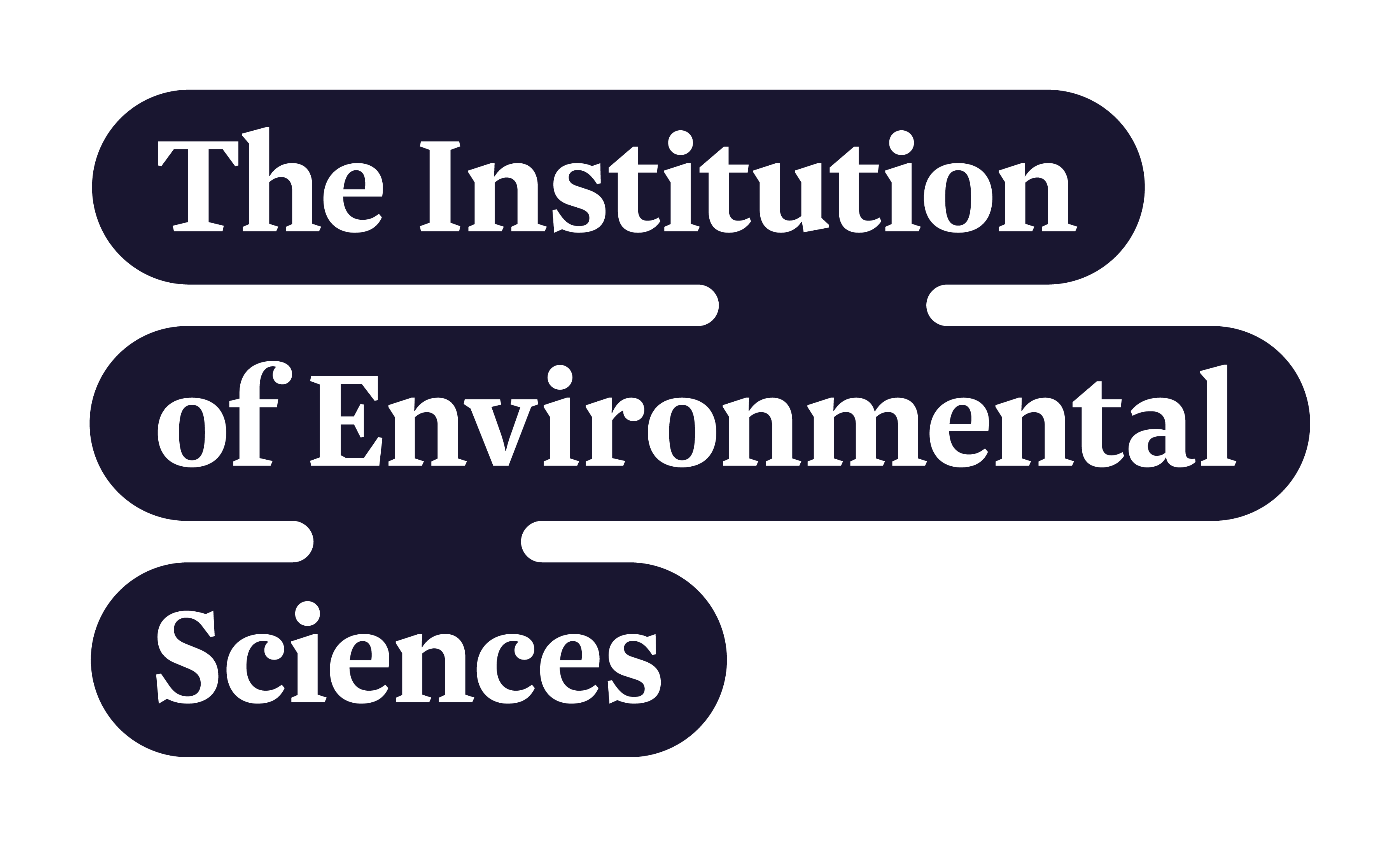Government reshuffle: What does it mean?
Joseph Lewis is Head of Policy at the Institution of Environmental Sciences, working to promote the use of the environmental sciences in decision making. Joseph leads the delivery of the IES Policy Programme, standing up for the voice of science, scientists, and the natural world in policy.
Joseph has ten years of experience in public policy, including in Parliament and the charity sector. He is particularly passionate about science communication and the role it can play in shaping environmental decisions.
The Government has come back from summer into a whirl of activity, spurred by the resignation of Angela Rayner as Housing Secretary and Deputy Prime Minister.
The result has been a government reshuffle, with several Ministers shunted into new roles, with implications for the future of government policy as well as the communications and management of their portfolios.
In this rapid response for Essential Environment, Joseph Lewis tackles the latest developments to keep IES and EPIC members informed.
Note: This article was published at 17.35pm BST on Friday 5th September and is about a live issue, so you should expect further developments to have come through since it was published.
What are the key developments from the reshuffle?
- Angela Rayner has stepped down as Secretary of State at MHCLG, replaced by Steve Reed
- Consequently, Steve Reed is no longer Environment Secretary, with Emma Reynolds taking over as his replacement
- David Lammy, Yvette Cooper, and Shabana Mahmood have swapped jobs, circling through the Foreign, Home, and Justice portfolios as Lammy becomes Deputy Prime Minister
- Peter Kyle is taking over as Business Secretary, with Liz Kendall taking over as Science Secretary. Pat McFadden will replace her as Secretary of State for Work and Pensions
- Ian Murray is no longer Scottish Secretary, to be replaced by Douglas Alexander
- Lucy Powell has been replaced as Leader of the House of Commons, with Alan Campbell stepping into the role
- Kerry McCarthy has left her role as Parliamentary Under-Secretary of State at the Department for Energy Security & Net Zero, replaced by Martin McCluskey
- This latest reshuffle follows a mini-shuffle earlier this week which left Darren Jones as Chief Secretary to the Prime Minister as James Murray and Dan Tomlinson were each promoted to roles at the Treasury
- See the full list of appointments for more information
What does it all mean for the environment?
For environmental professionals, the largest implication of these changes will be the prospect of a new approach to planning policy and how it relates to the environment.
Angela Rayner was a leading voice behind the current approach to planning, which has drawn criticism from the sector for sidelining nature, potentially amounting to a regression in law. While her departure might look like a sign that the Government will change course, there are a couple of factors that suggest the ongoing approach to planning reforms will not change:
- Legislation is well underway, with more planning reforms already being deliberated upon, so a change of course is unlikely to be driven by the Ministerial reshuffle
- Rayner's departure was not a result of policy or the Prime Minister's dissatisfaction with her professional performance, so it shouldn't be seen as a sign of a shift in government policy
- Rayner is replaced by Steve Reed, currently the Environment Secretary, who has already been part of the Government's approach to nature and planning
Where early comments indicated that Reed desired a slightly different and more ambitious approach to nature policy, time will tell whether his appointment will lead the Government back towards a genuine 'win-win' for nature. At the very least, environmental professionals will hope that his experience in Defra will lead to less hostile communications around biodiversity in the course of his new role than those of his predecessor.
In the environmental brief, the new Secretary of State will be Emma Reynolds, who joins Defra from the Treasury. Having served as Economic Secretary to the Treasury, her priorities are likely to be shaped by that experience, which could imply further challenges for the aspects of the environmental brief which are harder to quantify in economic terms, such as biodiversity. However, it could be a strong sign for the future of sustainable finance, given Reynolds previously held the sustainable finance brief as part of her role as Economic Secretary to the Treasury. Regardless of her previous experience, departmental officials will remain the same, so much of the Government's approach to the environment may remain unchanged.
The new Environment Secretary will urgently need to consider her take on the revised Environmental Improvement Plan, which is due imminently. There are also a number of imminent policy developments expected from Defra, such as a final decision on the Land Use Framework following a consultation earlier in the year, and outcomes of the Circular Economy Taskforce (which has multiple departmental entanglements). The environment represents a complicated brief, so the new Secretary of State will need to move quickly to ensure that critical environmental policies do not face any further delays.
Are there environmental implications elsewhere?
Meanwhile, the new role of Chief Secretary to the Prime Minister, filled by Darren Jones, suggests a new approach to enforcement across government. As ever, different Prime Ministers take different approaches to driving their agendas forward, so what this means in practice will be determined over the coming months. However, the appointment should indicate a few considerations:
- The move suggests that the Prime Minister is not satisfied with the way things have worked over the last year, including the extent to which Mission-Led Government has helped to deliver the Government's objectives. What that means in practice for government policy is not yet certain, but the focus of Missions may shift away towards serving as thematic drivers of policy rather than specific objectives
- The appointment of Jones also reinforces the notion of economic thinking at the heart of the Government, with a consolidation of those who have played a key role in focusing the Government on economic growth: Reeves remains Chancellor and the trio of Reeves, Jones, and Reynolds will likely continue to push for the economy as a focus
- As the Prime Minister highlighted at the time of the announcement, it suggests a refocus on delivery: the Government wants to push forward its commitments and objectives, with the goal of having clearer successes that it can use to strengthen its position with the public
For the environment, neither of these implications suggests a significant change of course. While the future of the Government's clean energy mission may be uncertain, its commitment to the policies attached to it remains clear. While Ed Miliband remains in his post as Secretary of State for Energy Security and Net Zero, he is likely to continue driving that agenda with the same level of interest.
The reshuffle also raises questions about the stability of the Government overall, though the speed of decision making following Rayner's resignation suggests that the Prime Minister intends to return to business-as-usual as quickly as possible. Whether it leads to any instability in practice is yet to be seen, along with any implications that may bring to environmental policy.
How can we stay on top of developments?
The IES is committed to keeping members informed of policy developments and their implications for environmental professionals. To stay on top of developments for environmental policy, consider joining the IES.
- Get in touch with our Policy Team if you have any questions about these developments, and keep abreast of what comes next with our Essential Environment bulletin
- Find out more about our Environmental Policy Implementation Community (EPIC) and its work to deliver effective environmental policy
- Read more about our recommendations for the UK Government on environmental policy
- For a more global perspective on environmental policy, sign up for our upcoming event series on climate change and COP30
- If you found this article helpful, please join the IES or become an affiliate, to support our work to unite science and people to resolve environmental challenges
If you want to find out more about environmental policy or the training we offer for members, please contact Joseph Lewis, IES Head of Policy (joseph@the-ies.org).
Image credit: © alice_photo via Adobe Stock


